Over the course of hundreds of conversations about relationships, Iona Lawrence identified a shared challenge around measurement: We don’t know how to measure relationships or whether the game of measurement is futile.
In this blog, we seek to kickstart a generative conversation around the question of how we capture the added value of a relationship-centred approach, and whether this is a useful pursuit. We’d love to hear your experiences, challenges and ideas.

We are collectively in a place where the question of how best to measure or value relationships is deeply contested. For some people measurement is the most important shared challenge anyone interested in relationships has: if we can get better at consistently measuring the impact of relationships we might be able to nudge the skeptics away from believing that relationships are ‘fluffy’ or a nice extra.
Yet for others the act of measuring the value of relationships on terms set by funders or commissioners can threaten the very essence of them.
Wherever you are, a huge amount of energy is poured into the question of how we articulate the value of relationships, and this is threatening our resolve.
Let’s open up the question of how we measure relationships and see whether, together, we can make some progress.
What?
What are we trying to measure or assess when it comes to relationships? Why? What and who are we doing this for?
1. Relationships themselves: sometimes, we might want to measure relationships themselves, whether individual relationships or networks of relationships. We may seek to understand where they are strong, where they are weak, where they are missing. Doing so will help us to see where our relationships need a little nurturing, and where bridges need to be built.
2. The added value of relationships: we might want to measure the outcomes of good relationships or relationship-centred ways of working. Doing so would help us to demonstrate the things good relationships enable us to achieve (better health, greater happiness, higher grades etc) and prove the value of relational work to skeptics and non-believers.
3. Relational practice: at other times, we might wish to look inwards at our practice to assess the extent to which our methods, culture, values and approach enable good relationships to thrive. Doing so would help us improve our relational practice.
What are you seeking to measure when it comes to relationships? Why? Who is the assessment for and what do you hope it will achieve?
How?
How should we go about trying to measure relationships? What are the risks and challenges? What approaches work best or have potential? Where can we look to for inspiration?
Too many commissioning contracts require the completion of impact surveys which, in their deficit-based questioning, can strip people of their agency rather than recognise the power in people’s stories. Too many loneliness measures are academic, remote and cold. Many of these tools perpetuate division and isolation, rather than measure it, much less solve it.
How do you approach measurement and evaluation? Which methods seem to work well and which don’t?
To what end?
How do we then bring what we find and learn about the value of working in relational way together to tell a compelling story and convince others that this is the road we must all travel?
One critical task is not simply to commission new evidence to fill the gaps, but to pull the evidence together better. There’s a job to be done to distill existing evidence sets and disseminate knowledge that emerges in a more coherent and confident way
To strengthen our case we need to double down on the ‘so what’ of relationships. We must surface the evidence of the longer term impact of good relationships. What do good relationships mean and achieve in the long run?
What difference do strong and meaningful relationships make in your organisation or community? What do they enable you to achieve which would’t otherwise be achieved?
Join us
On Tuesday 8th June we’ll be exploring these questions in an open conversation. Together we’ll:
- Share what we’re trying to measure when it comes to relationships
- Explore the challenges and key considerations of measuring relationships
- Share ideas and approaches to doing so in a sensitive, human-centred way
We’d love it if you’d join us.
Read more

Politics as usual or a new beginning?
In brief In this Joining the Dots blog (written back in the days when parliaments sat and terms were predictable), Iona Lawrence and David Robinson consider the place of relationships in our national politics. Iona works for The Cares Family and previously...

Finding and keeping a home
In brief In this contribution to Joining the Dots, Maeve McGoldrick discusses the importance of relationships in meeting the needs of the 170,000 people currently experiencing homelessness in the UK today. Maeve works for Crisis, the national charity for...
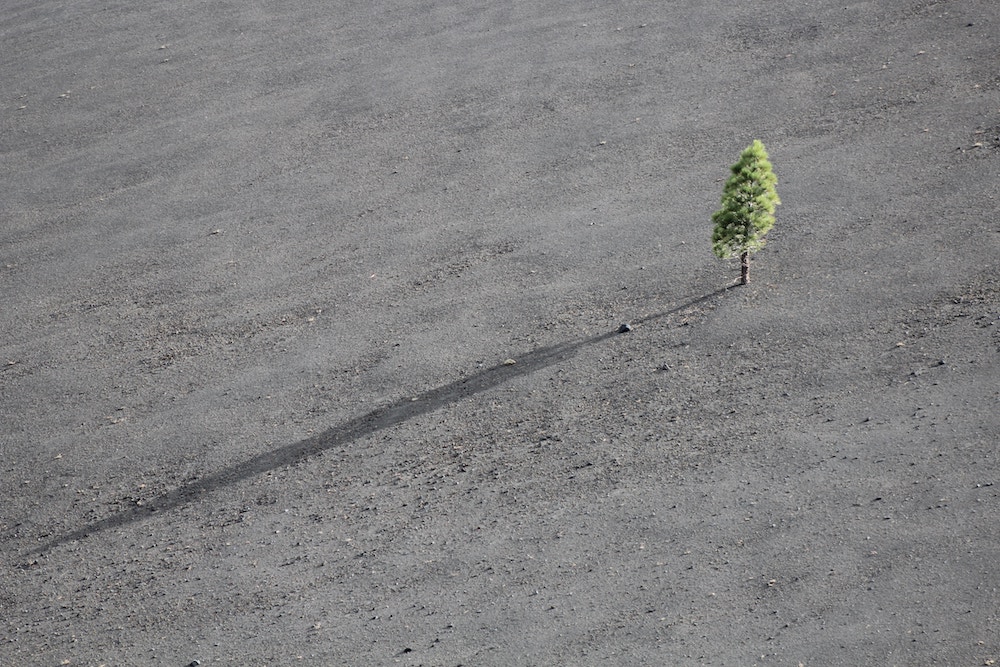
My journey with the Campaign to End Loneliness
In brief In this Joining the Dots blog, Laura Alcock-Ferguson, the founding Director of the Campaign to End Loneliness, reflects candidly on the highs and lows of her nine years at the helm. Laura is an activist and has worked for and led social change on...

Everyday Love
In brief In this blog, Linda Woolston offers a humane and insightful reflection on the role of love in relationships, including her relationships as a Business Coach. Linda is an independent Business Coach, former HR Director, and Founding Partner of successful...
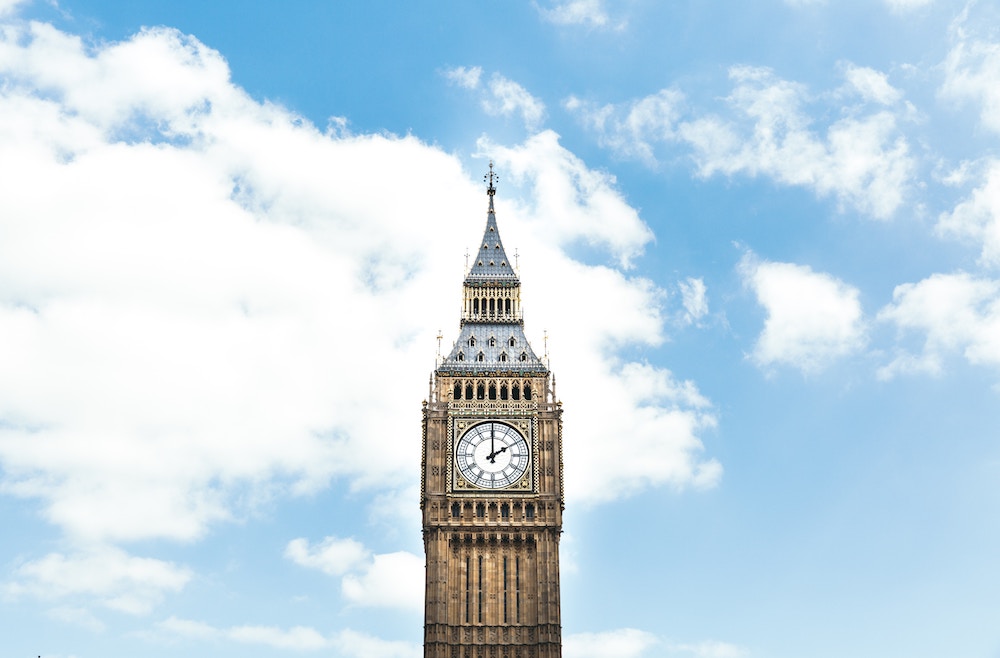
Time for ‘relationship-centred government’? How about it Mr Johnson?
In brief In this blog, David Robinson, who leads the Relationships Project, challenges the UK’s new Prime Minister to take a relationship-centred approach to government, and makes some suggestions for how to go about it. This blog also appears on A Better...
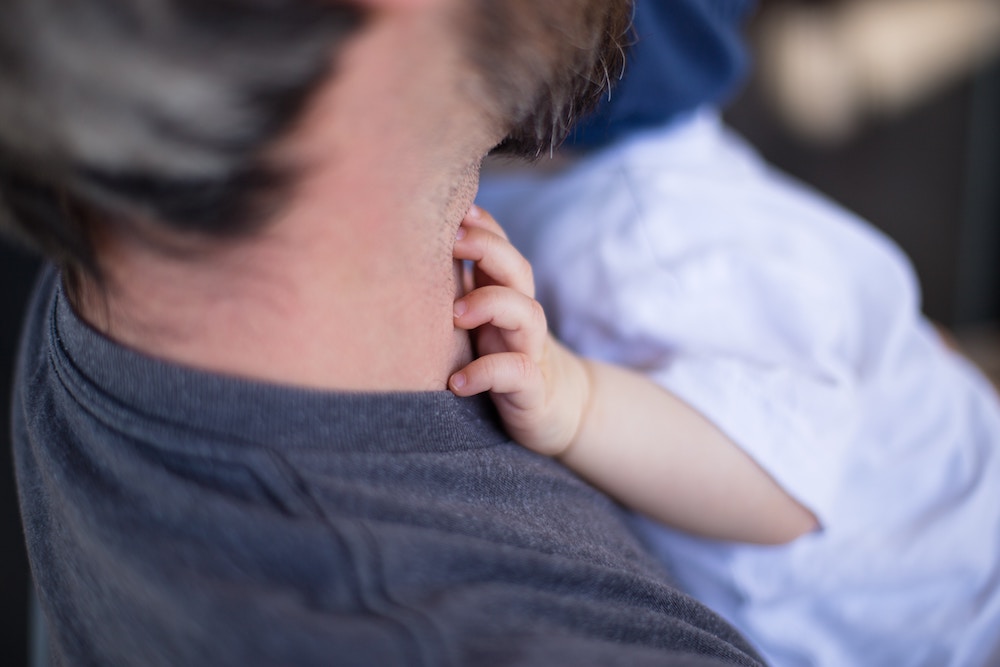
Digital technology isn’t the enemy of warmth within services
In brief In this Joining the Dots blog, Shift’s CEO (and dad to a 3 year old) Nick Stanhope explores ways in which digital technologies can help – rather than hinder – us putting relationships at the heart of what we do, bringing warmth to unnecessarily...
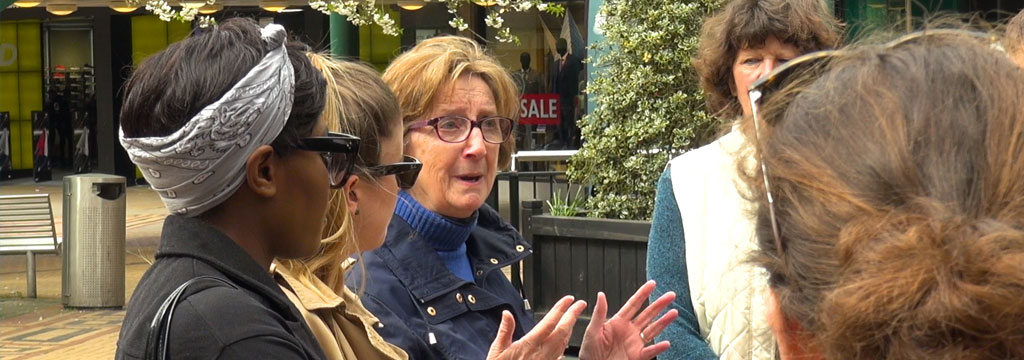
The gift through the fence
In brief In this Joining the Dots contribution, Clare Wightman discusses the importance of relationships in removing stigma and reducing exclusion. Clare is CEO of Grapevine Coventry and Warwickshire which works with individuals and communities...
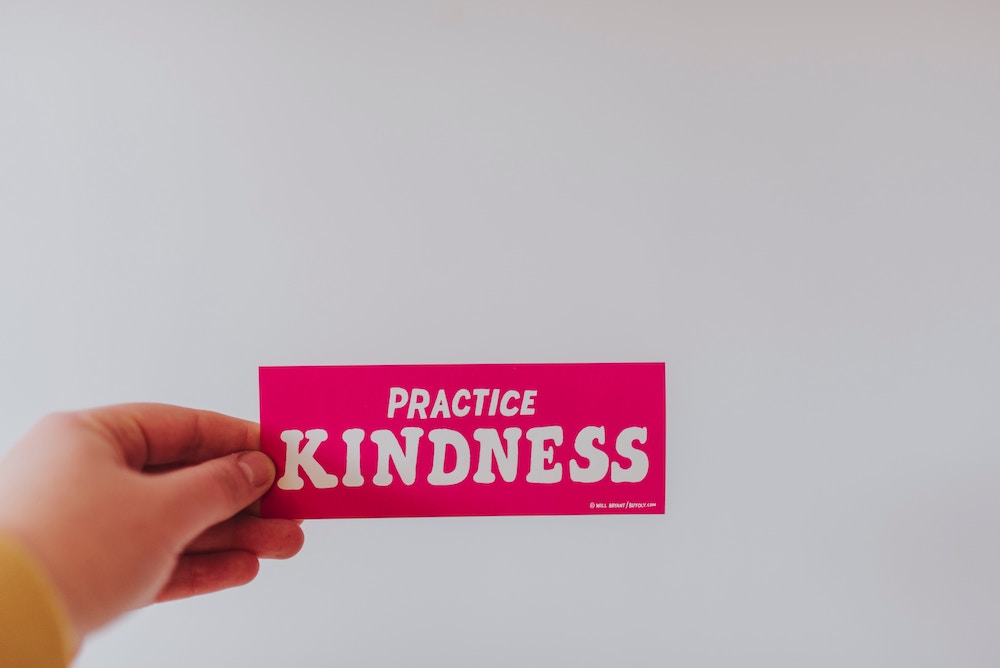
Practicing Kindness
In brief In this Joining the Dots blog contribution, Ben Thurman reflects on the tensions between kindness and risk, relationships and professionalism, emotions and performance management, and the need to reshape organisational culture to foster a culture of kindness....
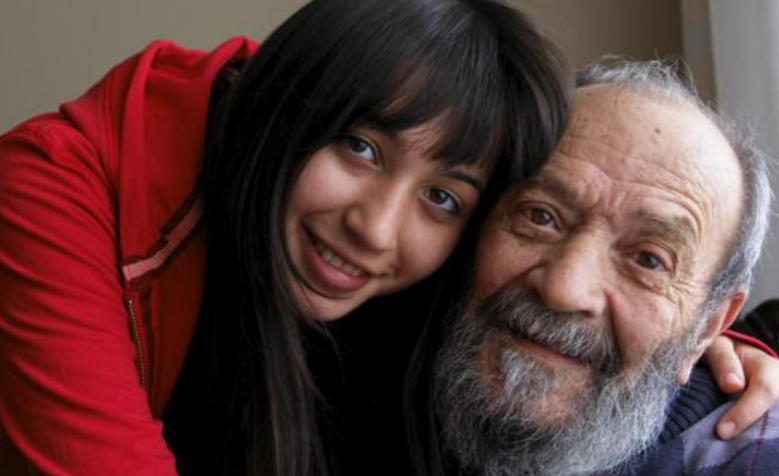
Building Intergenerational Connections
In brief In this Joining the Dots blog contribution, Sam Dalton looks at the gap in intergenerational relationships in today’s society, and what can be done to bridge it.Sam works on policy and public affairs for social integration charity The Challenge, and led...
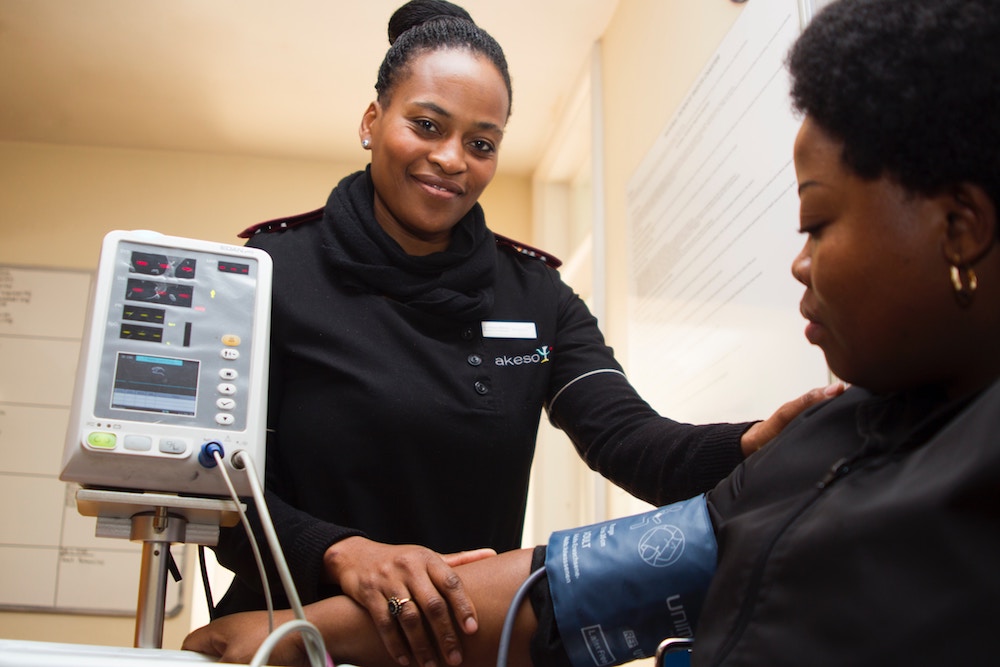
Embracing the Mess to do What’s Best for People
In brief In this contribution to Joining the Dots, Toby Lowe and Dawn Plimmer discuss funding, commissioning and managing services in a world where relationships rather than KPIs or simplistic numerical targets are what matters most. Toby is is a Senior Lecturer in...
